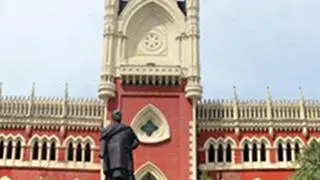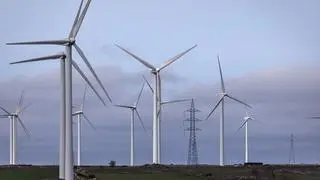This German wind turbine company has chosen a rather unique model for business: contract manufacture in India only for exports. No significant upfront investments, no domestic sales. In 2022, its first year of operations, it expects export turnover of around ₹800 crore.
Enercon GmbH is no stranger to India. In an earlier inning, it partnered with Yogesh Mehra for the Indian market and had respectable business, but a legal fracas (which it later won) caused it to withdraw from the country. But now, Enercon is back with a bang, albeit with a different approach.
In a chat with Business Line, PKC Bose, Vice Chairman and Managing Director, Enercon Windenergy Pvt Ltd, observed that the wind tariffs in India are extremely low. Consequently, wind energy companies expect turbine manufacturers to sell the machines at ultra-low prices.
Competitive bidding route
Bose reckons that it wouldn’t make sense for Enercon to sell turbines in India, unless wind tariffs are around ₹3.50 a kWhr. In contrast, tariffs discovered through the competitive bidding route (capacity auctions) hover around ₹2.6 a kWhr (though, direct sales to customers, either through bilateral deals or through the energy exchange, fetch a much better price.)
But that has not deterred Enercon from restarting its operations in India. It quickly got into contract manufacturing agreements with Indian MSMEs — Coral Manufacturing of Erode, Tamil Nadu, for generators, Toolfab of Tiruchi, Tamil Nadu, for towers, and Indutch Composites, which has a plant at Sulurpet, Andhra Pradesh, a little north of Chennai, for blades.
Bose said that these MSMEs were chosen through a detailed process for three parameters — technical and, financial capability, and a track record of trust. Coral Manufacturing has just supplied ten generators to Enercon for sales in South Korea and Canada.
“Our plan is to export more than 100 generators, 125 blades and 35 towers in 2022 (the company’s financial year),” Bose said, adding that the value of all these would work out to ₹800 crore.
Notably, all these products are bulky. The generator, meant for turbines of a nominal capacity of 4 MW, is large enough to occupy an entire bus. Coral will soon start manufacturing generators for 6 MW machines. The towers will stand 138 meters at the site but are being shipped in four sections. The blades are 84 meters long. Still, it makes business sense to manufacture in India and ship them across the oceans.
The technically complex product
Of the three, the generator is the most technically complex and of the highest value. “Erode has given us tremendous cost advantages,” Bose said, observing that business opportunities from Enercon is bringing in a supply chain ecosystem to the Erode region, giving the region an economic pep.
Asked why Enercon chose India over China, Bose said that Enercon never preferred China over India for reasons of “trust, intelligence, cost-effectiveness and long-term commitment”.
The Indian wind industry has enough facilities to manufacture at least 12 GW worth of machines annually, but the market has shrunk to about 1 GW. Manufacturers are trying to make use of their plants to export. Almost all of them are exporting. However, Enercon has no manufacturing base of its own — at least, not yet — and it gets the machines made only for overseas markets.







Comments
Comments have to be in English, and in full sentences. They cannot be abusive or personal. Please abide by our community guidelines for posting your comments.
We have migrated to a new commenting platform. If you are already a registered user of TheHindu Businessline and logged in, you may continue to engage with our articles. If you do not have an account please register and login to post comments. Users can access their older comments by logging into their accounts on Vuukle.